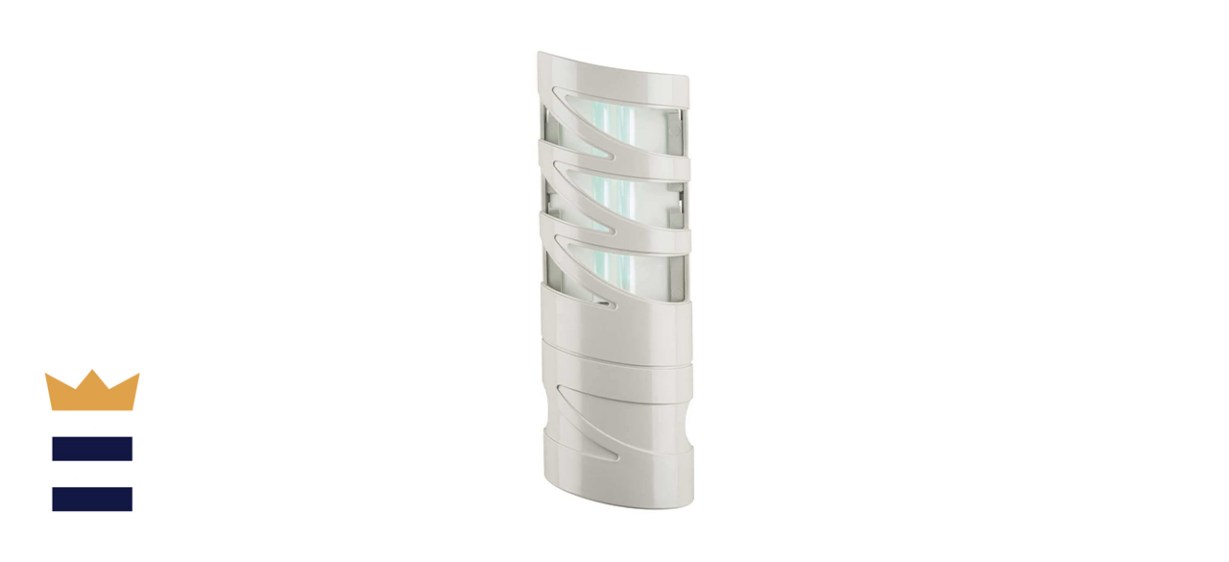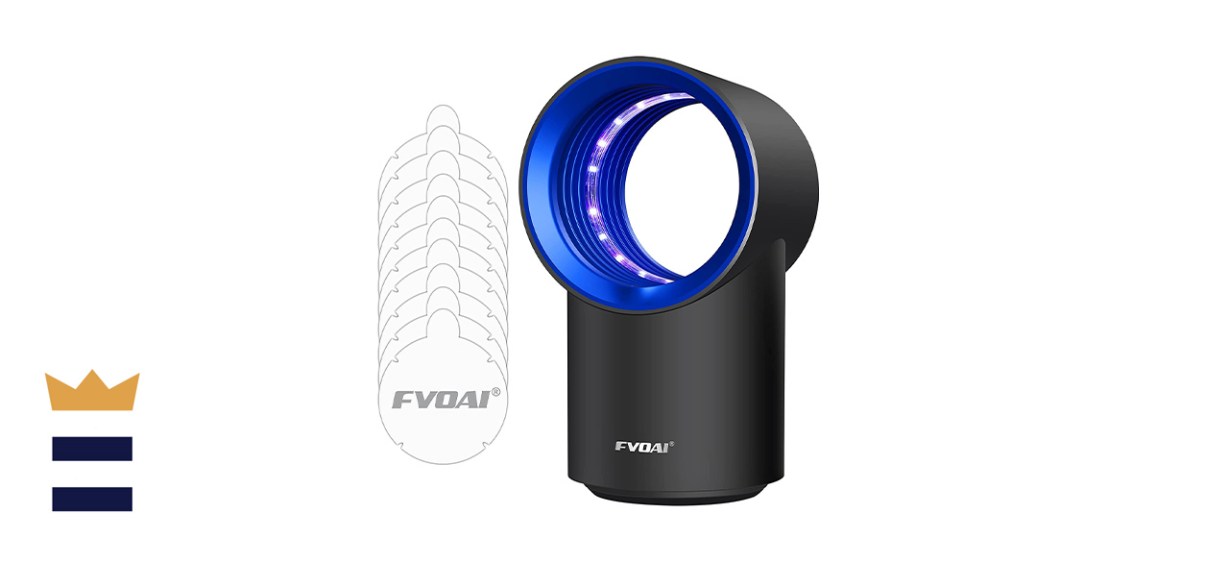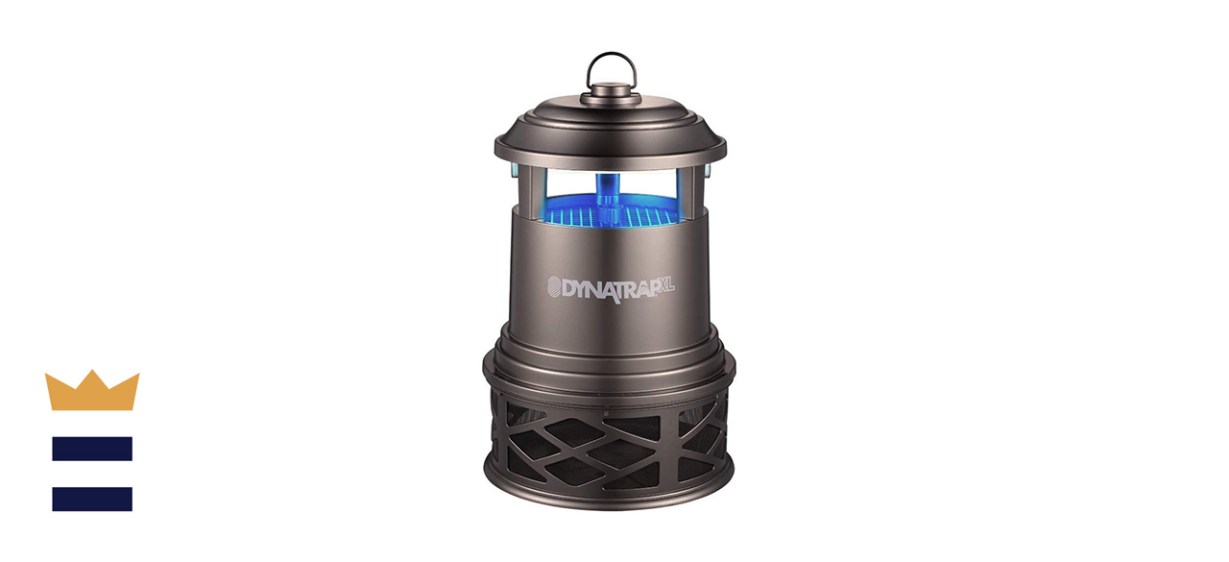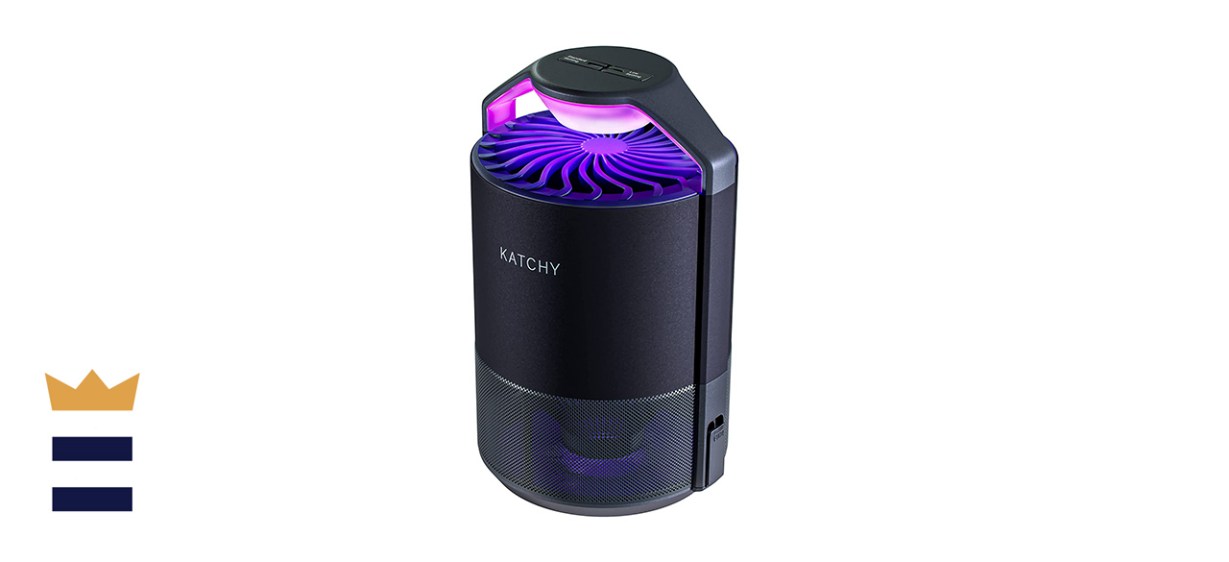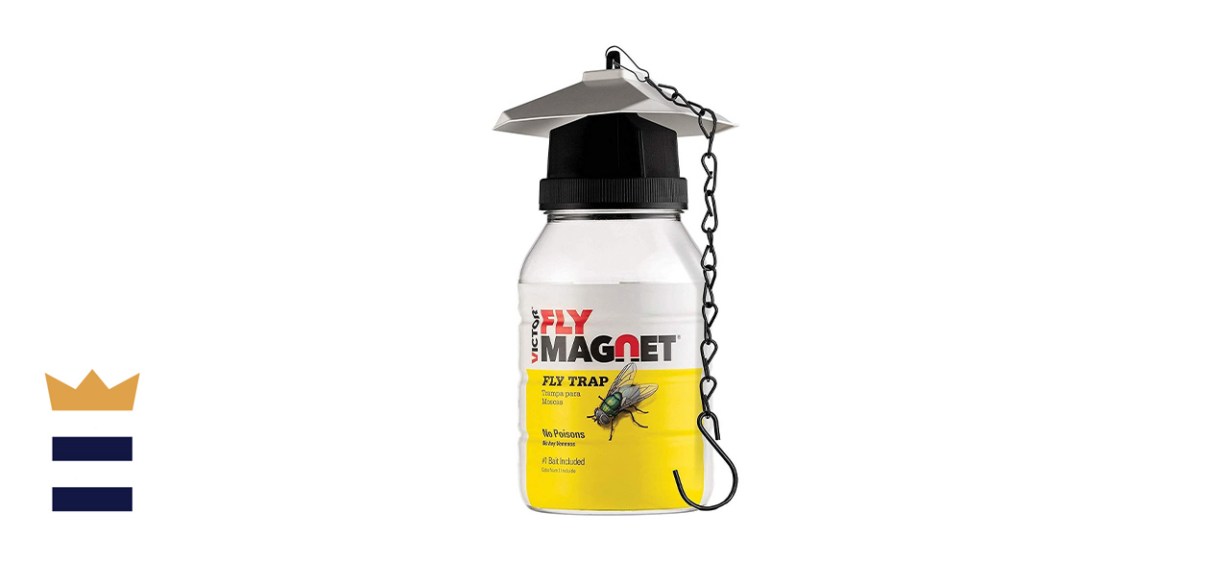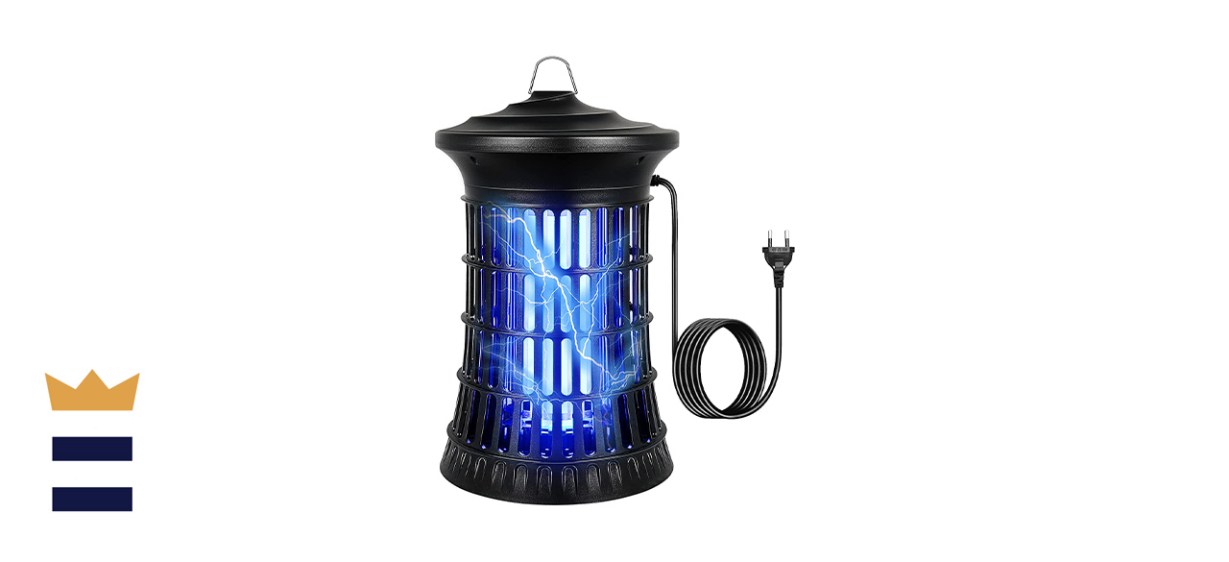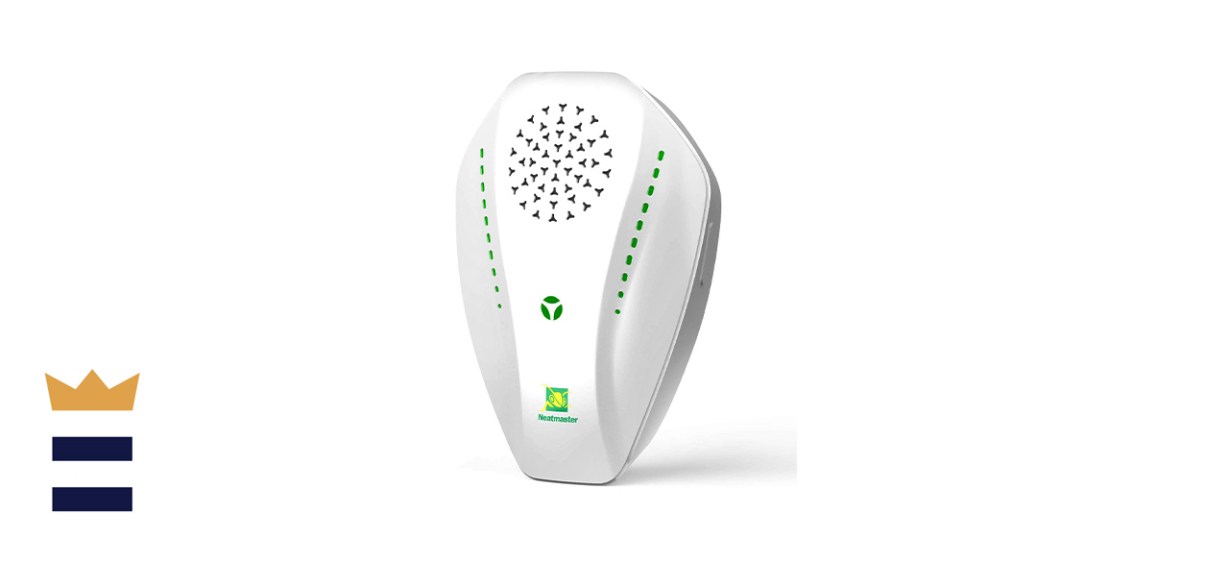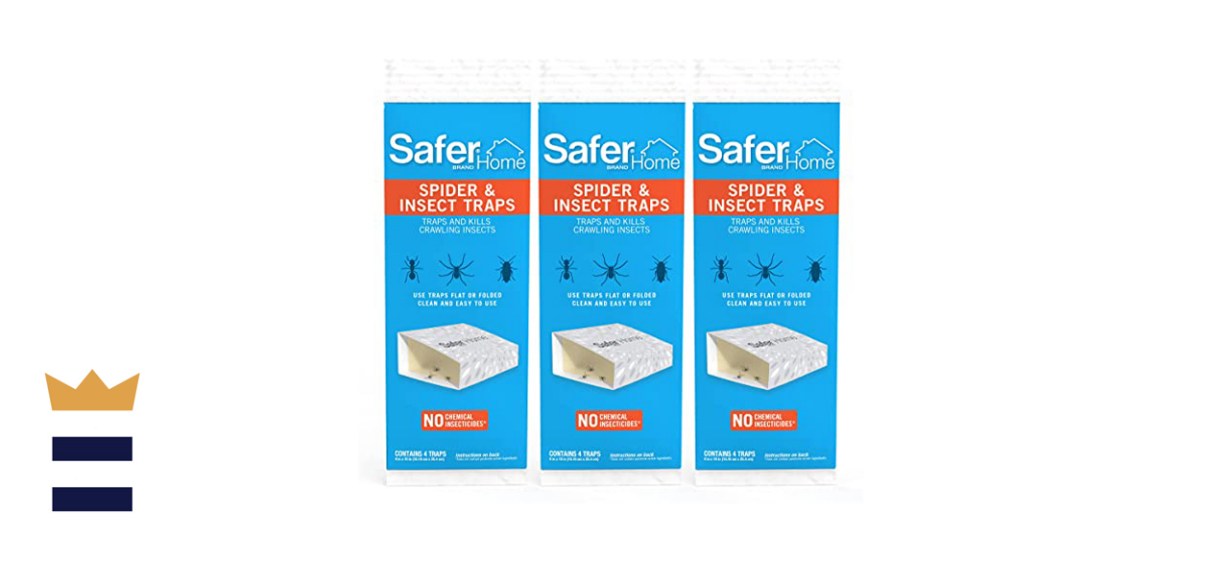How to choose an insect trap
Insect traps are a useful way of monitoring and keeping pests down, whether inside or out. Traps range in effectiveness based on a few factors, including the type of trap and where you place it. Some can kill flying insects, such as mosquitoes or biting flies, while others are better for crawling critters, like ants or roaches. If you want to prevent and kill unwanted visitors to your home or yard, choosing the right trap type is essential.
Insect trap types
Vacuum traps
Vacuum traps are best for handling flying insects, especially those that aren’t attracted to light. These traps use a vacuum fan that sucks in nearby pests and confines them in an internal chamber. Due to the design, the captured bugs can’t escape. Some vacuum traps have a removable tray or canister where the dead insects are collected.
Light traps
Another common type of trap is the light trap. These often use ultraviolet, fluorescent or black light to attract insects. Some use electricity to zap and kill pests, while others have an inner chamber that keeps them until they dehydrate and die.
Light traps don’t work on certain insects, such as cockroaches or beetles. This is because these pests prefer dark spaces. However, they work well on mosquitoes, moths, flies and gnats.
Chemical vs. natural insect traps
Most insect traps use either chemicals or natural means of attracting, capturing and killing pests.
- Chemical traps: These often use artificial pheromones, attractants or stimulants to draw in insects. Some emit carbon dioxide, which is especially effective against biting pests like mosquitoes and horseflies. Most chemical traps are fast-acting, but they can be mildly harmful to humans or pets with direct exposure.
- Natural traps: Often homemade, natural traps are nontoxic and a great solution for house pests. They typically use fragrances or ingredients such as vinegar or honey to attract or repel insects. Those that draw in bugs can also trap them in sticky paper or a sealed container they can’t escape.
Outdoor vs. indoor traps
Some insect traps are designed specifically for indoor or outdoor use.
- Indoor use: These traps aren’t very durable when it comes to the elements, which is why they’re best for indoor placement. Some can hang, such as sticky tape. Others have a stand or are small enough to fit under the sink, behind kitchen appliances or other problem areas.
- Outdoor use: Outdoor traps are resistant to moisture, meaning they can go outside. These include hanging traps, light traps and bug zappers.
Targeted insects
Some insect traps target only adult pests, while others attract and kill larvae. These are the most common types of bugs these traps can work against:
- Mosquitoes
- Biting flies
- Cockroaches
- Spiders
- Beetles
- Mites
- Ants
Range
Larger traps can attract bugs from a wide distance. This can be beneficial if you’re trying to manage a minor pest problem inside. However, if the trap is too big, it could draw in insects from further away. This could lead to more insects than you had before.
Smaller traps effectively handle enclosed spaces, such as under the bathroom cupboard or in the kitchen. They usually have a limited range, though, meaning they won’t help with other areas inside or outside the home.
If you’re trying to keep bugs away from your porch, driveway or yard, larger traps can reach around 1,000 square feet. For smaller areas, go with one that has a range of 300 to 800 square feet instead.
Duration
Some insect traps start working immediately, while others take several days or weeks to start attracting and killing pests.
Power source
Most insect traps have one of the following power sources:
- Electricity: More powerful traps rely on electricity to function. These usually have a cord. Newer designs have a USB port you can plug into a computer, tablet or USB outlet.
- Battery: Some traps run on a battery, either replaceable or rechargeable. These aren’t limited by a cord, but they’re not always as powerful as electric options.
Some traps, such as sticky traps and glue traps, don’t have a power source at all.
Best insect traps to buy
Made for indoor use, this futuristic-looking trap runs on electricity and uses ultraviolet light to attract insects. It’s quiet and has easy-to-replace glue boards.
Sold by Amazon
Designed specifically for mosquitoes and small flies, this trap uses ultraviolet light to draw in, capture and kill pests. It’s quiet, easy to use and free of toxic chemicals.
Sold by Amazon
DynaTrap Flying Insect 1 Acre Trap
Capable of killing flying insects such as biting flies, wasps, gnats and mosquitoes, this outdoor trap uses ultraviolet light to attract bugs. It has an internal compartment that captures and contains pests until you dispose of them. It doesn’t rely on chemicals or pesticides.
Sold by Amazon and Home Depot
Ideal for indoor use and smaller areas, this energy-efficient trap uses a fan, ultraviolet light and glue board to capture pests. It has a USB port, making it convenient for use away from power outlets.
Sold by Amazon
Sewanta Victor M380 Reusable Outdoor Fly Trap
This outdoor fly trap contains a long-lasting fly attractant and draws in nearby pests and traps them. It comes with a handy hanging chain. It starts working nearly immediately and is easy to use.
Sold by Amazon and Home Depot
Great for indoor and outdoor use, this hanging insect trap is durable and resistant to moisture. It has a maximum range of 2,000 square feet. It uses a bright light and a high-voltage zapper to attract and kill pests.
Sold by Amazon
Neatmaster Ultrasonic Pest Repeller
This indoor trap plugs into any outlet and uses ultrasonic frequencies to repel pests up to 1,200 square feet. It has three main settings for minor to major pest problems.
Sold by Amazon
Safer Brand Safer Home Indoor Insect Trap
This set of 12 small traps is meant for indoor use and can be easily placed around the furniture, kitchen appliances and under the sink. They lure in and kill ants, cockroaches, spiders and other crawling bugs. They’re also non-toxic, making them safe for pets and children.
Sold by Amazon
Want to shop the best products at the best prices? Check out Daily Deals from BestReviews.
Sign up here to receive the BestReviews weekly newsletter for useful advice on new products and noteworthy deals.
Angela Watson writes for BestReviews. BestReviews has helped millions of consumers simplify their purchasing decisions, saving them time and money.
Copyright 2022 BestReviews, a Nexstar company. All rights reserved.


